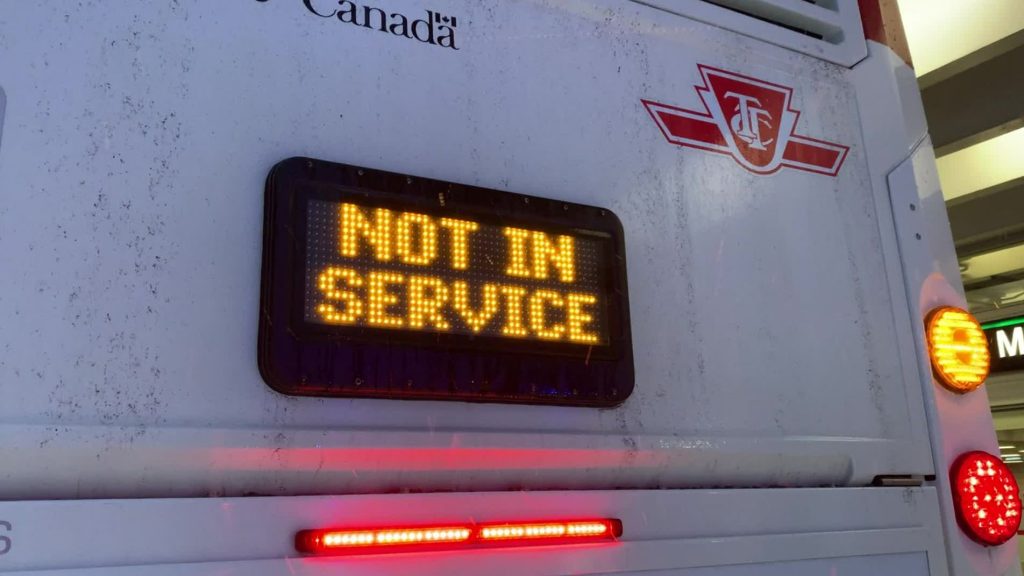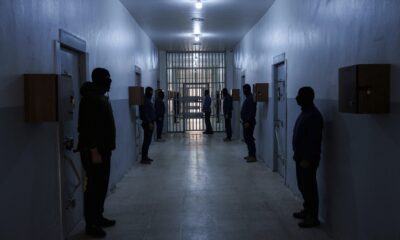Local News
TTC riders in for longer weekend subway closures, earlier weeknight service suspension in 2025: report

The TTC says things are going to get worse before they get better when it comes to the availability of service on its subway and streetcar routes.
In a report to be presented at the TTC Board of Governors meeting on Monday, the transit agency says there will be more full weekend subway line closures and earlier weeknight suspension of service to carry out necessary repair and upgrade projects across the system.
In 2024, the TTC said there were 25 full weekend closures and 169 nights of early closures. In 2025, the transit agency is proposing 38 weekend closures on both Line 1 and Line 2 and more than 200 early closures on both lines. However, because some of the work on the subway lines will overlap, the actual total of weekend closures on some parts of the subway system will be 28.
The weekend subway closures will include “larger boundaries and longer timeframes” with the agency citing closures from Kennedy to Broadview stations and Sheppard West to Spadina stations in its schedule.
The TTC is also going to look at modifying its nightly subway closure, starting at 10 p.m. instead of 11 p.m. while nightly suspension of subway service would begin at midnight across some of all of the system rather than 2 a.m.
The TTC hints that things aren’t likely to improve in 2026 and beyond, citing the impact on traffic congestion due to significant and critical work to be done on the Queen, College and Dundas streetcar lines coupled with the ongoing Gardiner Expressway work which is scheduled to continue into 2030.
“The TTC is diligently planning asset replacement and various expansion strategies beyond 2026, but it is evident that the TTC will be encountering significant challenges regarding the availability of suitable time on both the subway and streetcar network to perform the necessary work,” the report says.
“Deferring these programs beyond 2026 could lead to asset failure, leading to service impacts and exceeding asset life cycles.”
Coun. Josh Matlow and TTC Chair Jamaal Myers will also put forth a motion calling on the TTC to improve its communication with riders during service disruptions, look at ways to improve shuttle bus service during a disruption and the feasibility of having priority surface lanes for transit riders when there are subway disruptions.
Damage to a power rail along the tracks near Yorkdale Station on January 22 resulted in a six-hour suspension of subway service and highlighted the issues commuters face with shuttle bus service.
“Service disruptions on our subways are becoming more and more frequent,” Matlow writes in his motion.
“Torontonians are deeply frustrated with the unreliability of TTC service caused by these service disruptions. We risk losing riders if they cannot count on the transit system to get them to work, school, or appointments on time. We must address this issue seriously to regain the trust of transit users.”
Last week, the transit advocacy group TTCriders produced a report that shows the TTC’s on-time metrics don’t actually match the transit rider experience.
The report found that riders waited an average of four minutes longer than scheduled on routes where “bunching” – when one bus falls behind and the bus behind it catches up – is common.












